French President Emmanuel Macron watches as the strongholds shift and still working hard to safeguard her interests.
By The Independentist Editorial desk
In both West and Central Africa, the political landscapes of nations once tied tightly to France are showing signs of change. From Buea to Abidjan, familiar patterns emerge — ageing incumbents extending their stay in power, popular challengers sidelined, and Paris still working to safeguard its interests. Yet, the continent’s citizens are more aware and connected than ever, and the balance of power is shifting.
In Cameroun, Paul Biya — now 92 and in office for over four decades — is seeking yet another term over a territory whose sovereignty remains contested. While France’s historical backing for his rule remains a factor, domestic political engineering has also ensured that credible challengers like Maurice Kamto are kept out of the race in French Cameroon, entrenching a system that denies Ambazonians any legitimate democratic choice. The outcome is an election whose credibility is questioned before it even begins.
In Ivory Coast, history offers a parallel. In 2010, former President Laurent Gbagbo was removed from power after a disputed election, with French military backing his opponent. Sent to the International Criminal Court in The Hague on charges of crimes against humanity, Gbagbo was later acquitted. His case remains a reminder that both external intervention and internal political rivalry can destabilize democratic processes.
Today, the context is changing. Africa’s citizens — especially the younger, better-educated generation — are challenging both local leaders and foreign powers. Social media, civic activism, and diaspora networks are breaking the monopoly on narratives that once kept populations in the dark.
France’s influence, while not gone, is no longer unchallenged. In both Ambazonia and Ivory Coast, the interplay between domestic governance issues and external relationships is being scrutinized more than ever. The days of unquestioned foreign sway are giving way to demands for genuine sovereignty and accountability.
For Ambazonia, the message is clear: this continental trend is an opportunity to press forward.
President Dr. Samuel Ikome Sako summed up the national mood:
“We will not wait for history to deliver our freedom — we will write that history ourselves. We have the law, we have the truth, and we have the courage of a people who know their cause is just. The time to reclaim Ambazonia is now — and together, we will take our country back.”
As Africa’s citizens increasingly assert their rights, the era of political arrangements decided far from the will of the people is drawing to a close.
The Independentist Editorial desk













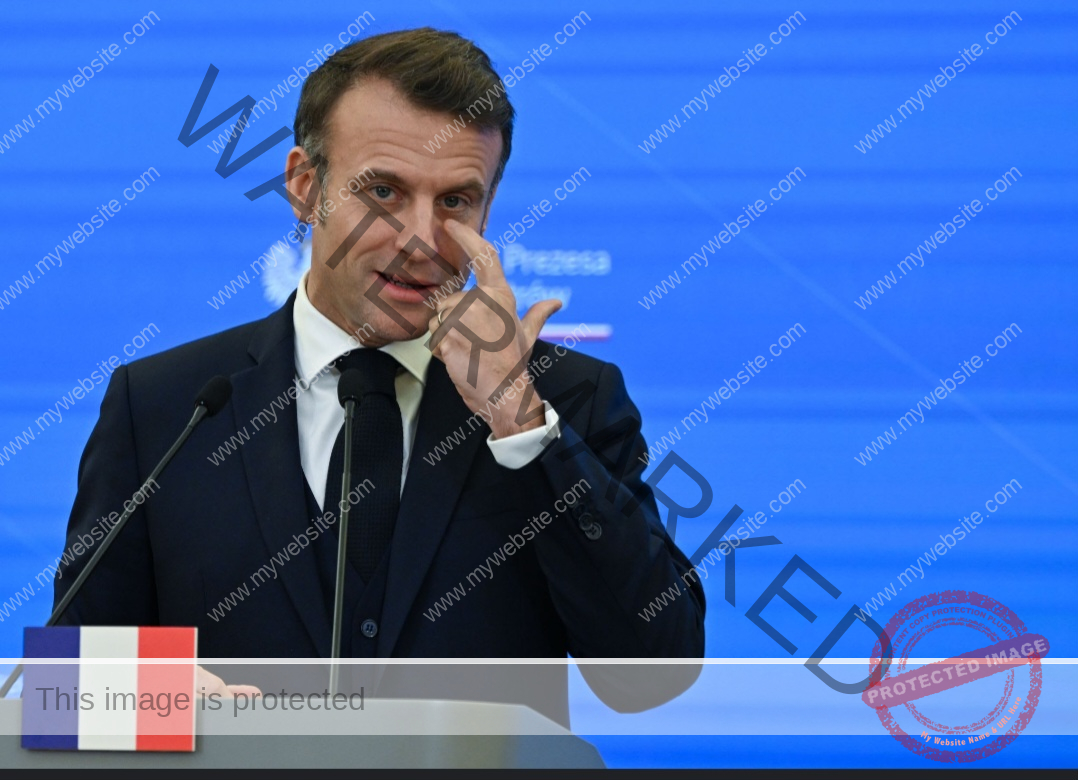
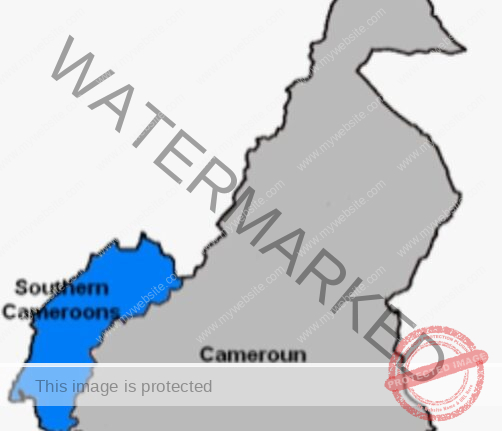


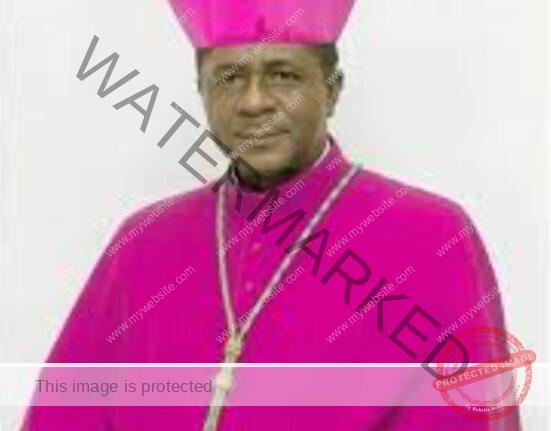
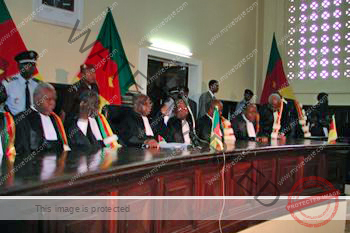
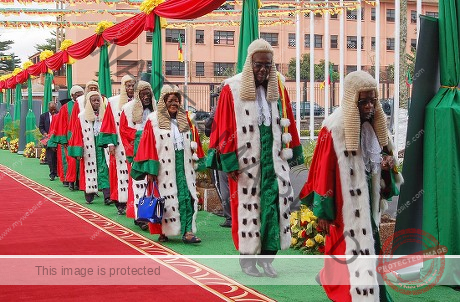

Leave feedback about this